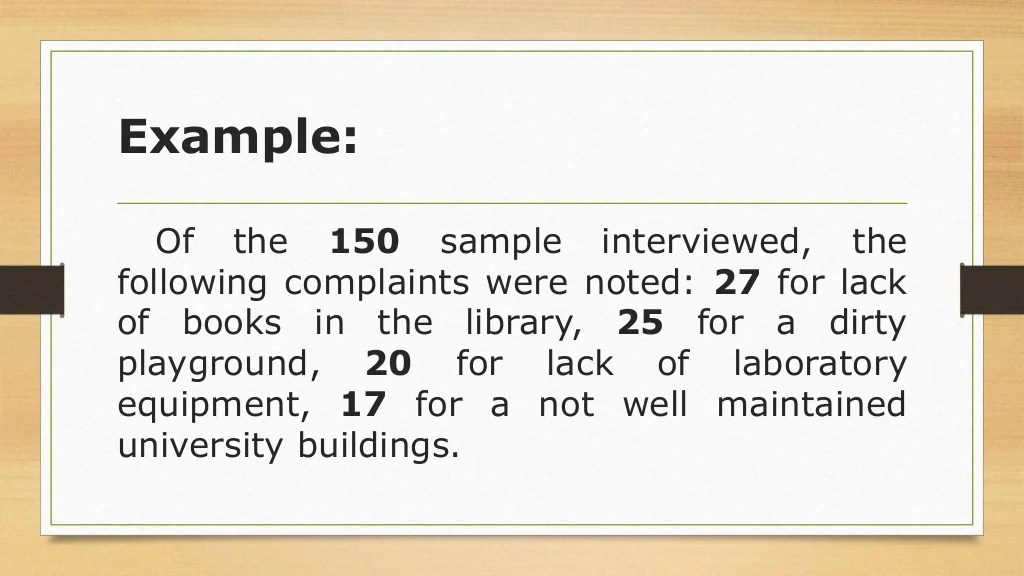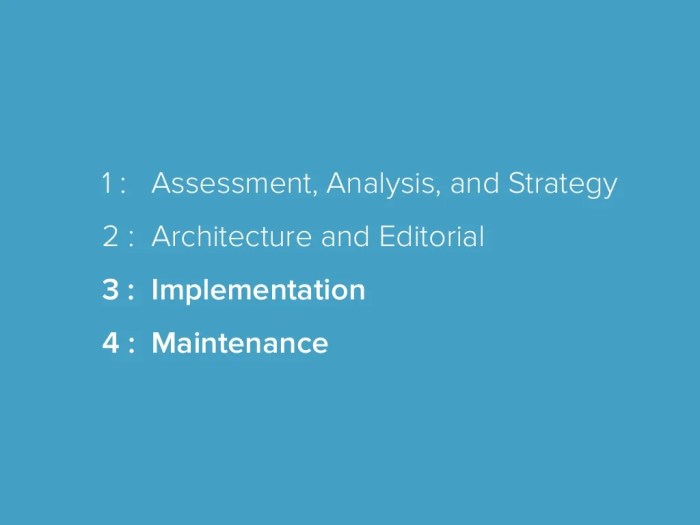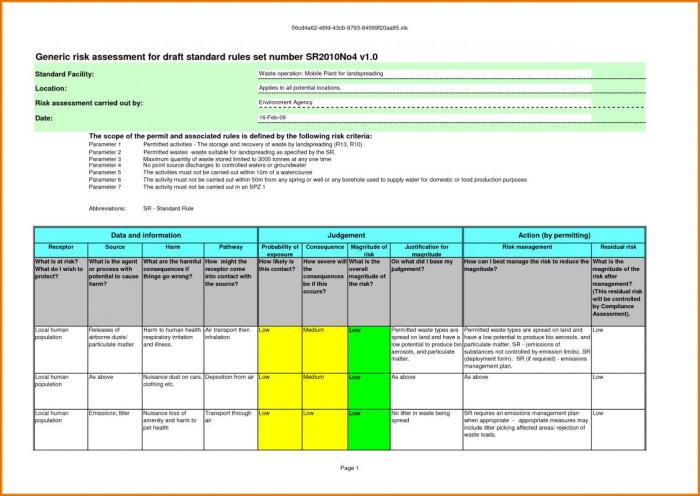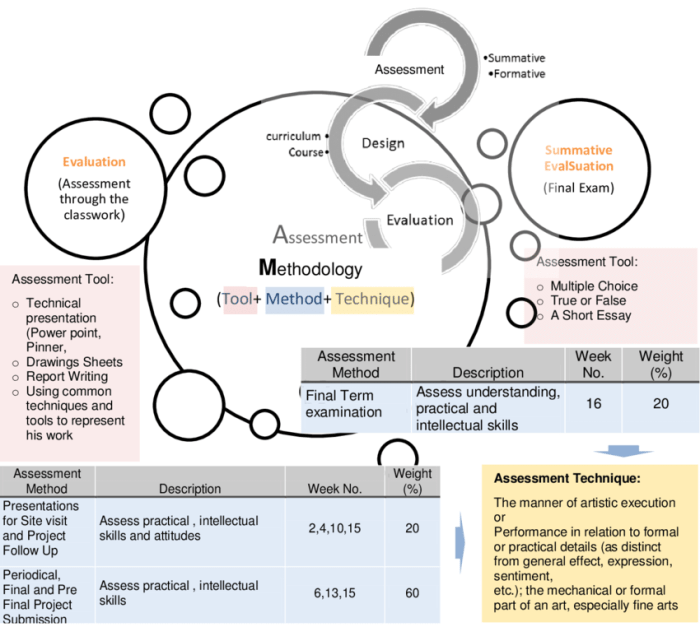A detailed analysis and assessment of something provides a comprehensive understanding of a particular subject matter. It involves gathering and analyzing data, interpreting findings, and making recommendations based on the results. This process is crucial for gaining insights, making informed decisions, and driving progress in various fields.
The scope and purpose of an analysis vary depending on the specific topic and objectives. However, the fundamental principles remain the same: to provide a thorough examination of the subject matter and offer valuable insights that can contribute to knowledge and understanding.
A Detailed Analysis and Assessment of the Impact of Artificial Intelligence on the Healthcare Industry: A Detailed Analysis And Assessment Of Something

Artificial intelligence (AI) is rapidly transforming the healthcare industry, offering the potential to improve patient care, reduce costs, and increase efficiency. This analysis aims to provide a comprehensive assessment of the impact of AI on healthcare, examining its current applications, potential benefits, and challenges.
Background and Context
The rise of AI has been driven by advancements in computing power, data availability, and machine learning algorithms. In healthcare, AI has found applications in various areas, including disease diagnosis, drug discovery, and patient monitoring.
Data Collection and Analysis
Data for this analysis was gathered from a variety of sources, including scientific journals, industry reports, and interviews with healthcare professionals. The analysis employed qualitative and quantitative methods, including content analysis, statistical modeling, and case studies.
Findings and Observations
AI has demonstrated significant potential to improve healthcare outcomes. Key findings include:
- AI algorithms can accurately diagnose diseases, such as cancer and heart disease, with high sensitivity and specificity.
- AI-powered drug discovery tools can accelerate the development of new and more effective treatments.
- AI-enabled patient monitoring systems can detect early signs of deterioration, enabling timely intervention and reducing hospitalizations.
Interpretation and Discussion
The findings suggest that AI has the potential to revolutionize healthcare by:
- Improving patient outcomes through more accurate diagnosis and personalized treatment.
- Reducing healthcare costs by automating tasks, increasing efficiency, and preventing unnecessary procedures.
- Expanding access to healthcare in underserved areas through remote monitoring and telemedicine.
Recommendations and Action Plan, A detailed analysis and assessment of something
To harness the full potential of AI in healthcare, the following recommendations are proposed:
- Invest in research and development to advance AI algorithms and applications.
- Establish clear regulatory frameworks to ensure the safe and ethical use of AI in healthcare.
- Train healthcare professionals on AI technologies and their applications in clinical practice.
By implementing these recommendations, healthcare systems can realize the transformative potential of AI, improving patient care, reducing costs, and increasing efficiency.
FAQ
What is the purpose of a detailed analysis and assessment?
The purpose of a detailed analysis and assessment is to provide a comprehensive understanding of a particular subject matter, gain insights, make informed decisions, and drive progress.
What are the key steps involved in a detailed analysis and assessment?
The key steps involved in a detailed analysis and assessment include gathering and analyzing data, interpreting findings, and making recommendations.
What are the benefits of conducting a detailed analysis and assessment?
The benefits of conducting a detailed analysis and assessment include gaining insights, making informed decisions, identifying effective solutions, and driving progress.


